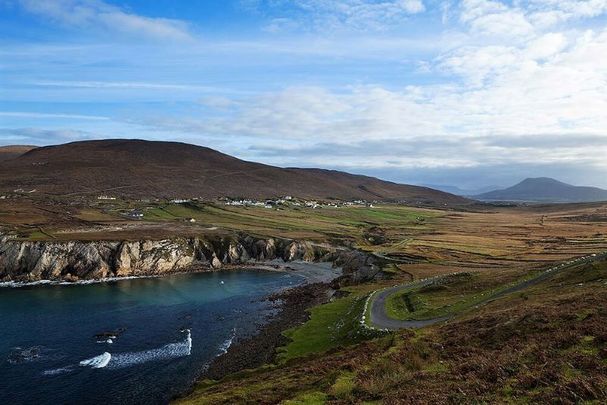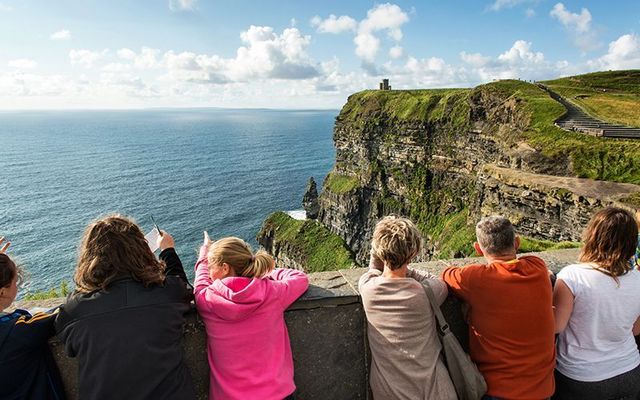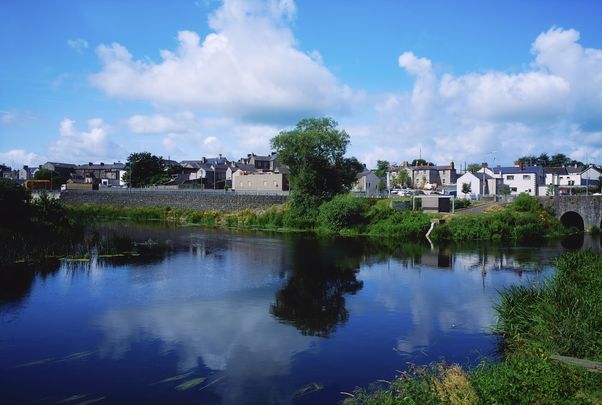Wednesday, August 28, 2024 In response to growing protests against overtourism, Majorca has unveiled a new campaign aimed at repairing the island’s reputation as a welcoming tourist destination. The “We Love Tourism” initiative, launched by the ADED Association of Distributors, seeks to counteract the negative impact of anti-tourism activism that has surged across the Mediterranean island. This year, Majorca has seen a record 14 million visitors, prompting local residents to voice their concerns about the strain on resources and infrastructure.
Protesters have taken to occupying beaches and demonstrating in the streets of Palma, the island’s capital, to demand better management of tourist numbers. In a bold move, some activists even placed fake closure signs on beaches to deter visitors, exacerbating tensions between locals and tourists. The new campaign is seen as a direct response to these protests, which have included graffiti with slogans like “Tourists go home” and “Kill a tourist.

” The ADED Association, while acknowledging issues such as parking shortages and illegal accommodations, emphasizes that hostility towards tourists is not the solution. Instead, they argue that tourism remains the “economic engine” of the Balearic Islands, and preserving Majorca’s image as a friendly and respectful destination is crucial for the island’s economic well-being. Political divisions have surfaced in the wake of the protests, with the right-wing party Vox supporting the pro-tourism campaign.
Vox Deputy Spokesman David Gil criticized left-wing parties for allegedly exploiting the situation for electoral gain, accusing them of fostering a climate of division and economic instability. Gil called on both the Spanish and Majorcan governments to protect the tourism industry, which he described as vital to Majorca’s economy. Despite the backlash, some industry leaders like Sebastian Ebel, CEO of travel giant TUI, have expressed understanding of the protests.
Ebel noted the importance of considering the residents’ concerns, particularly regarding rising rent prices and traffic congestion. He emphasized that the local population should have a say in how much tourism is sustainable for the island. Meanwhile, other destinations around the Mediterranean, such as Algeria, are ramping up their efforts to attract more tourists.
These countries are making significant investments to expand their tourism infrastructure, hoping to capitalize on the challenges facing popular destinations like Majorca. As the debate over tourism management continues, Majorca’s “We Love Tourism” campaign will play a pivotal role in determining whether the island can balance the economic benefits of tourism with the growing concerns of its residents. The outcome of this effort will likely influence the future of tourism not just in Majorca, but across other popular destinations grappling with similar issues.
.



















